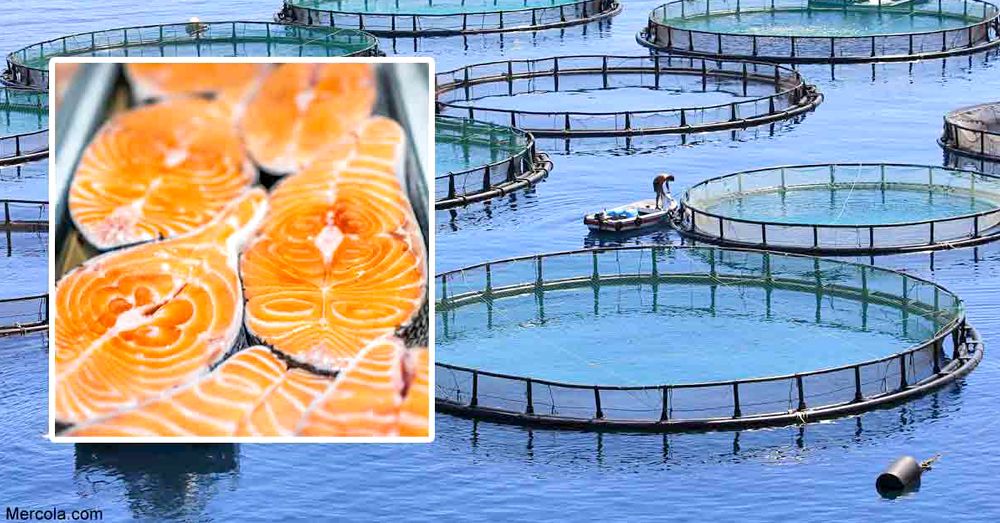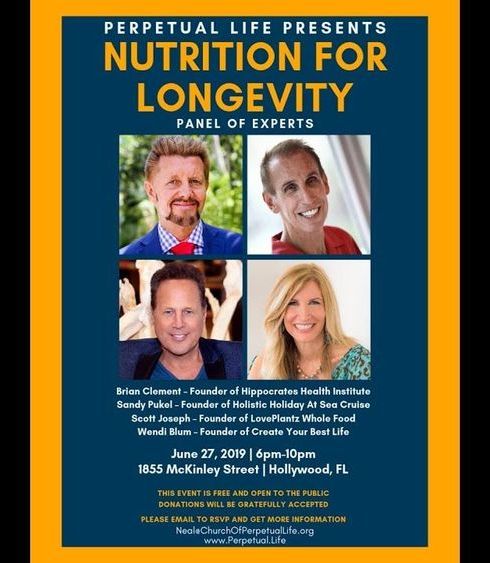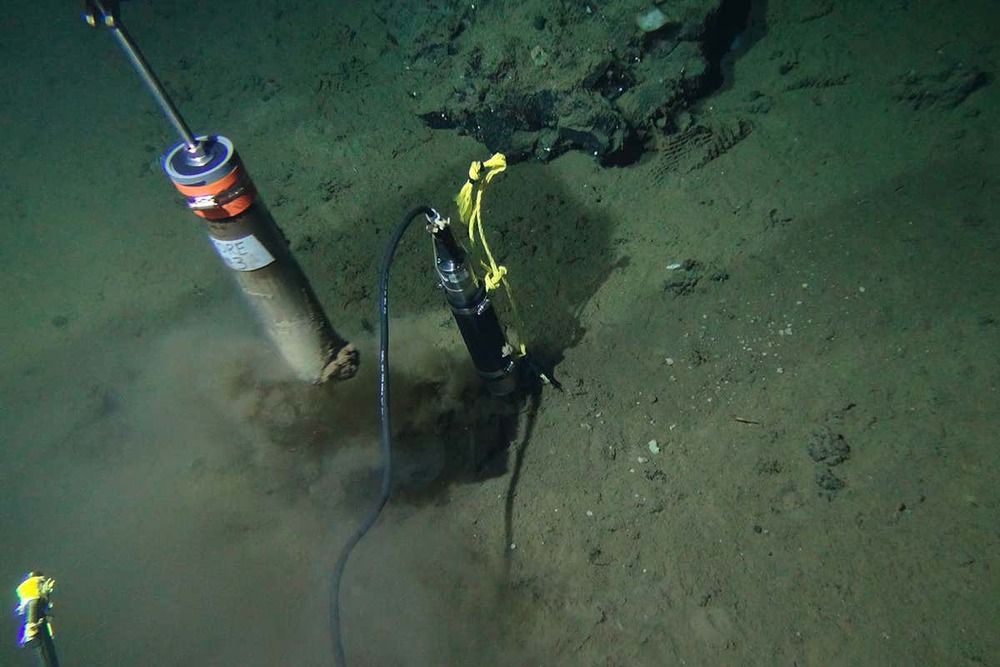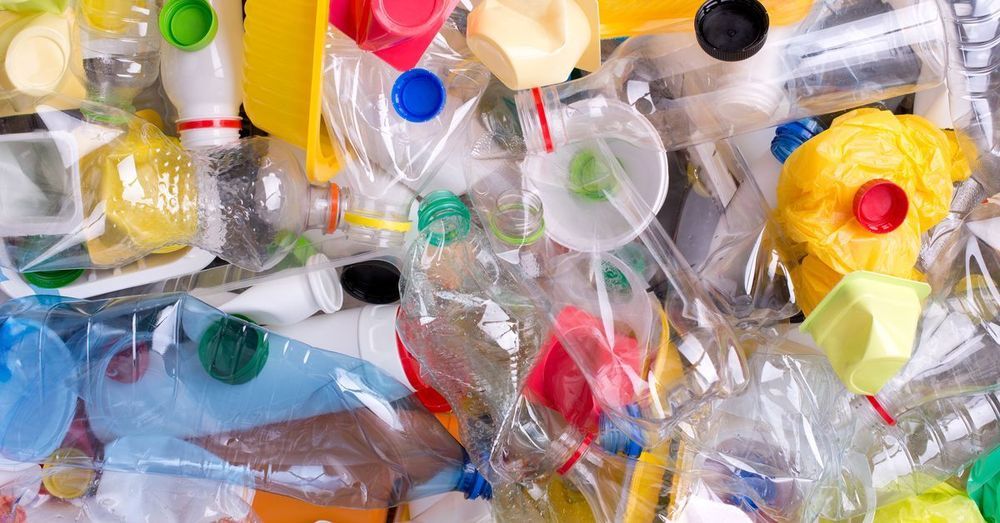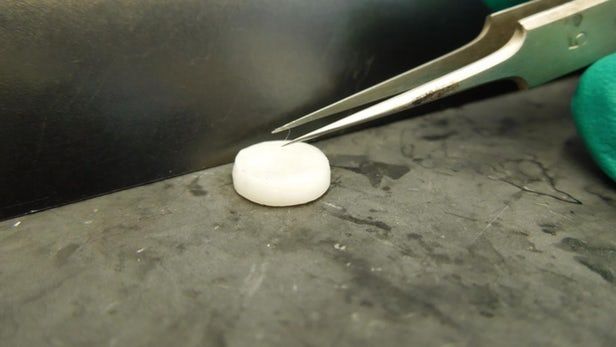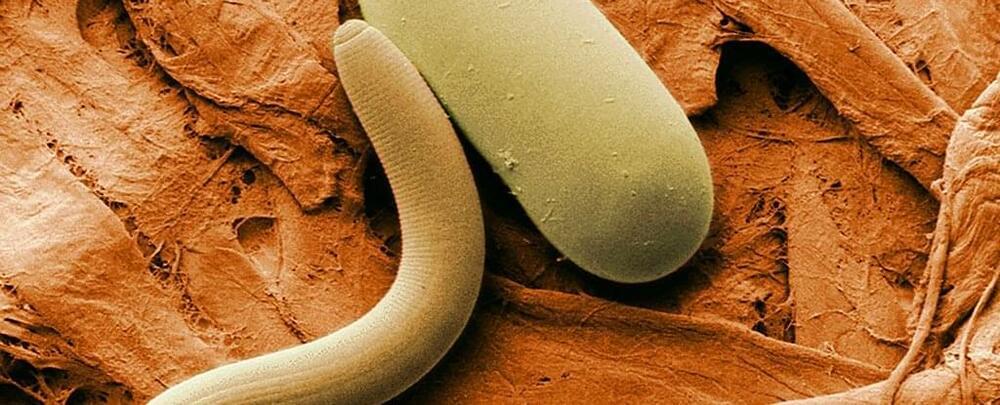Jun 30, 2019
Why you might want to leave those dandelions alone
Posted by Quinn Sena in category: food
Nothing can threaten a velvety green lawn like vagabond dandelions—but it isn’t all bad, says a University of Alberta gardening expert.
In fact, people may want to actually welcome the fluffy yellow blooms into their yards, said Ken Willis, head of horticulture at the U of A Botanic Garden.
“There’s starting to be a lot more argument that they should be kept because of what they can do for pollinators. Ecologically they are becoming very important as a food source for domestic and wild species of bees, particularly in early spring because they grow so soon. Butterflies and moths also feed on them as a source of sugar, and some species of birds feed on dandelion seeds,” said Willis, who leaves room for the hardy plant in natural areas in the botanic garden.

